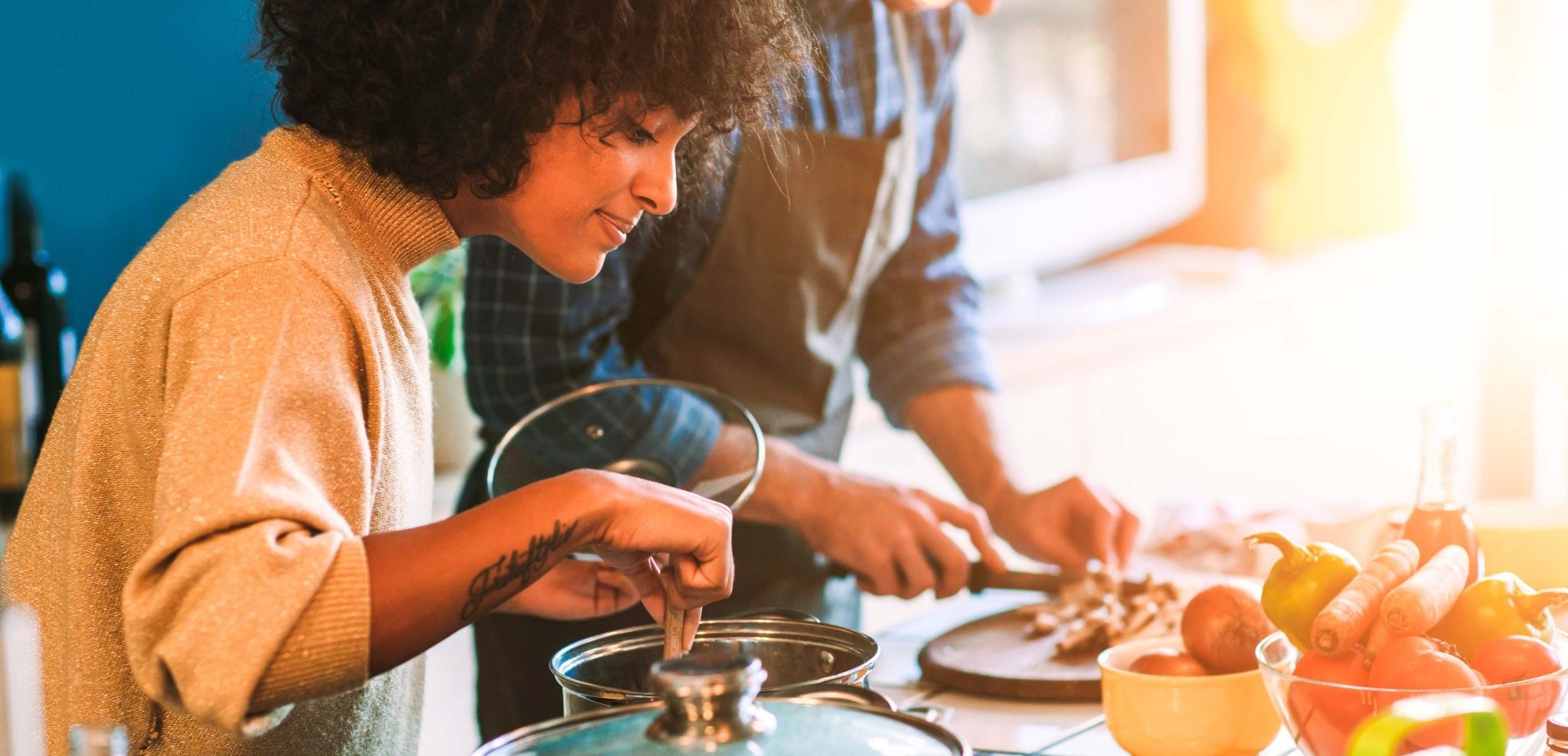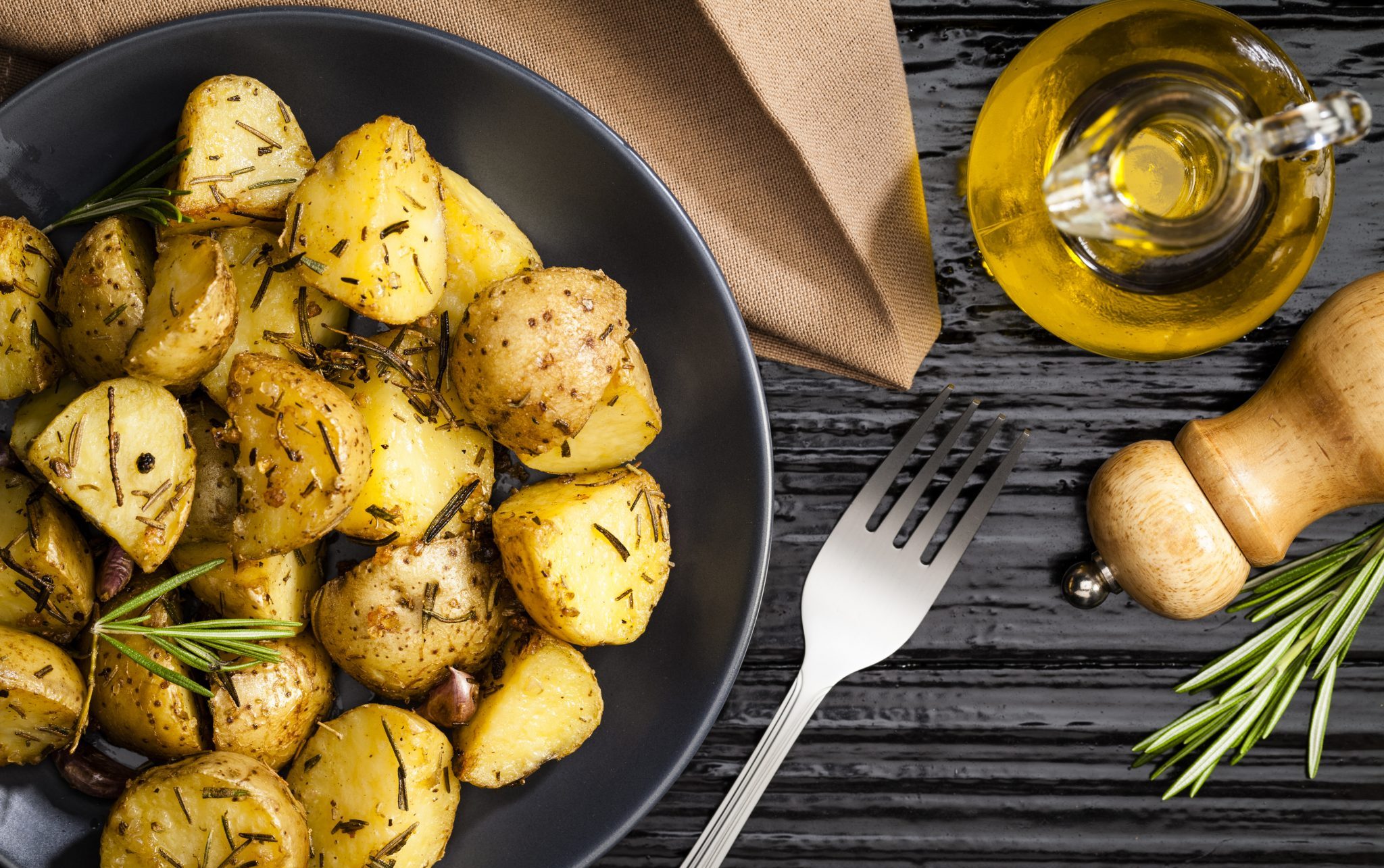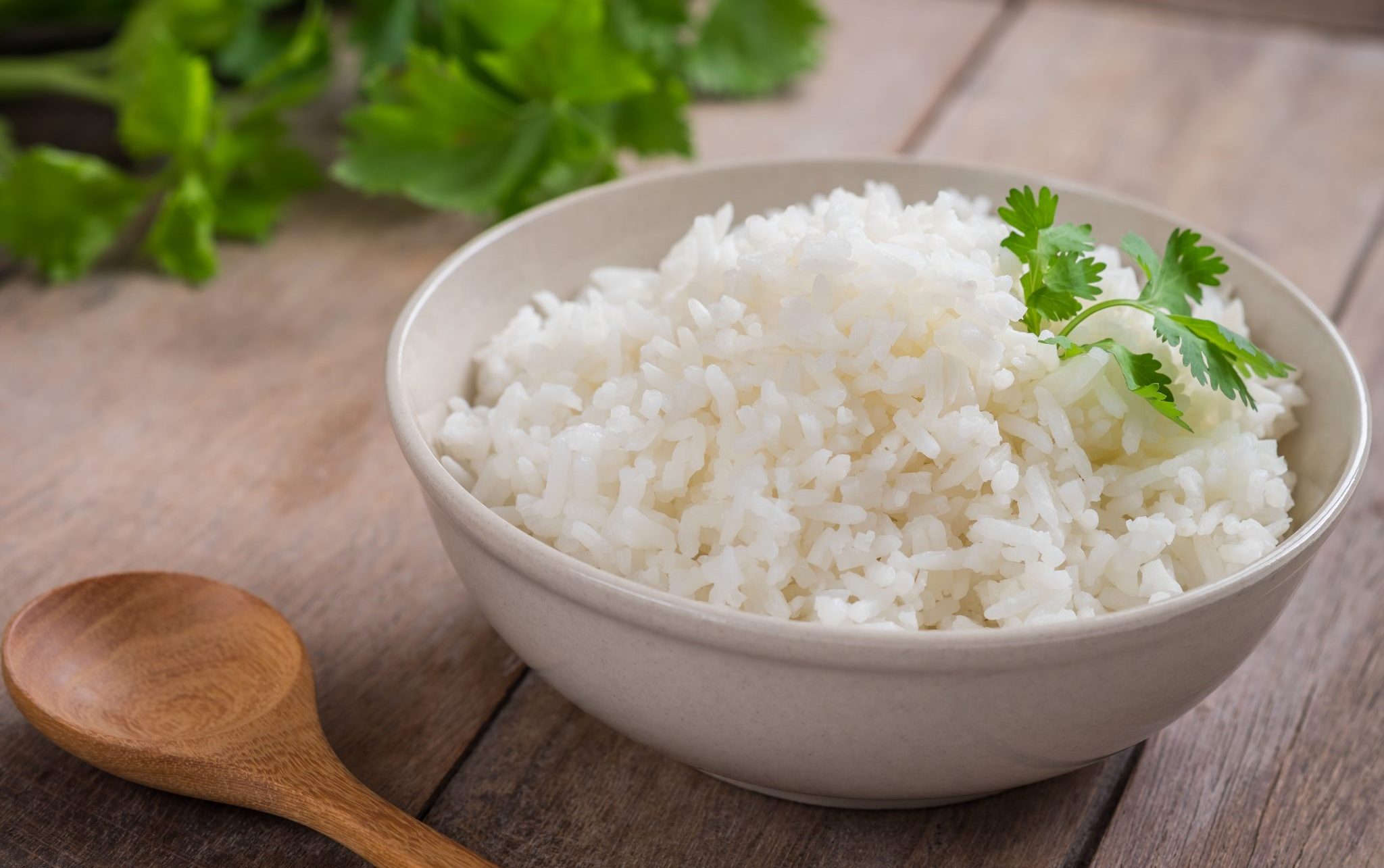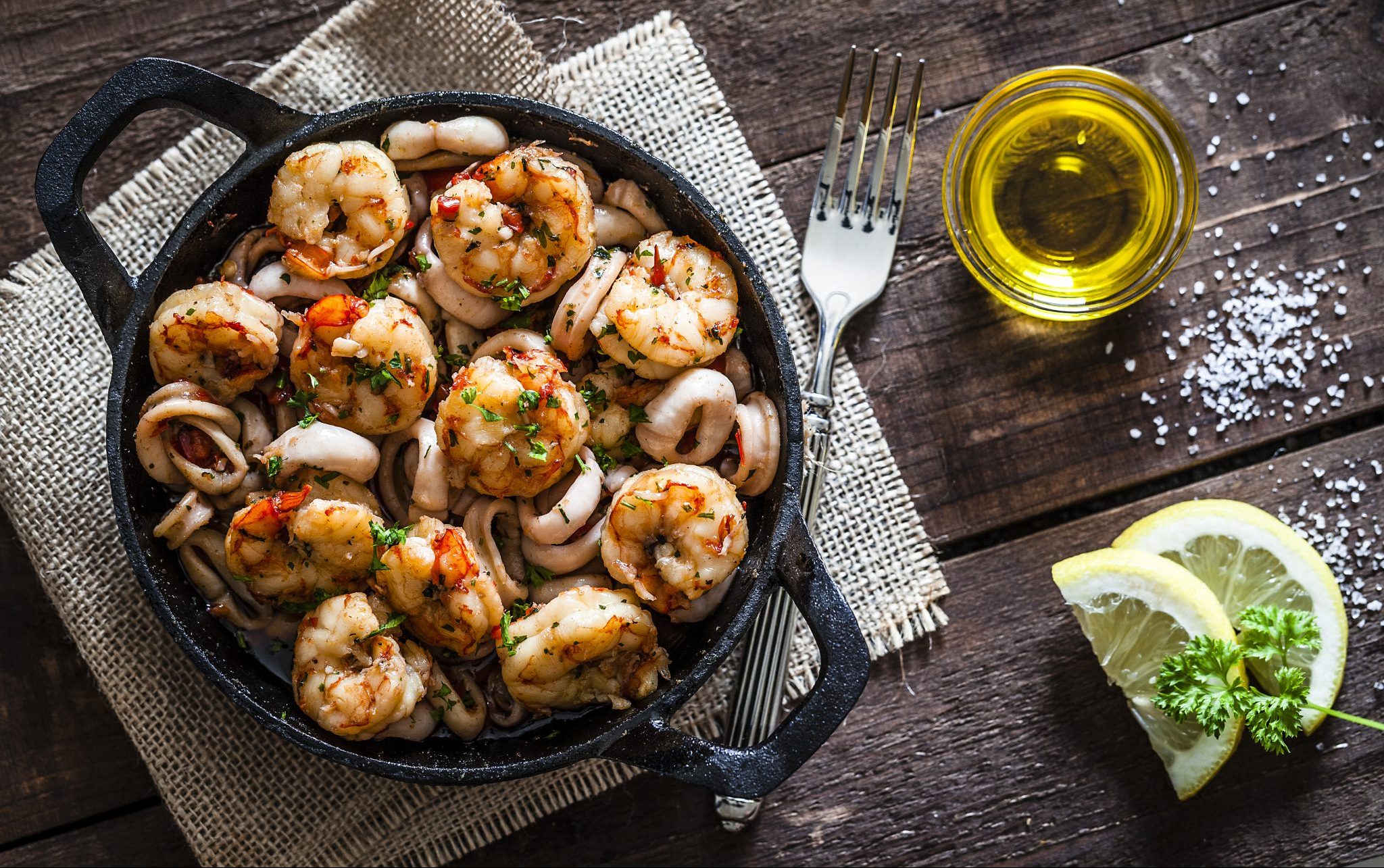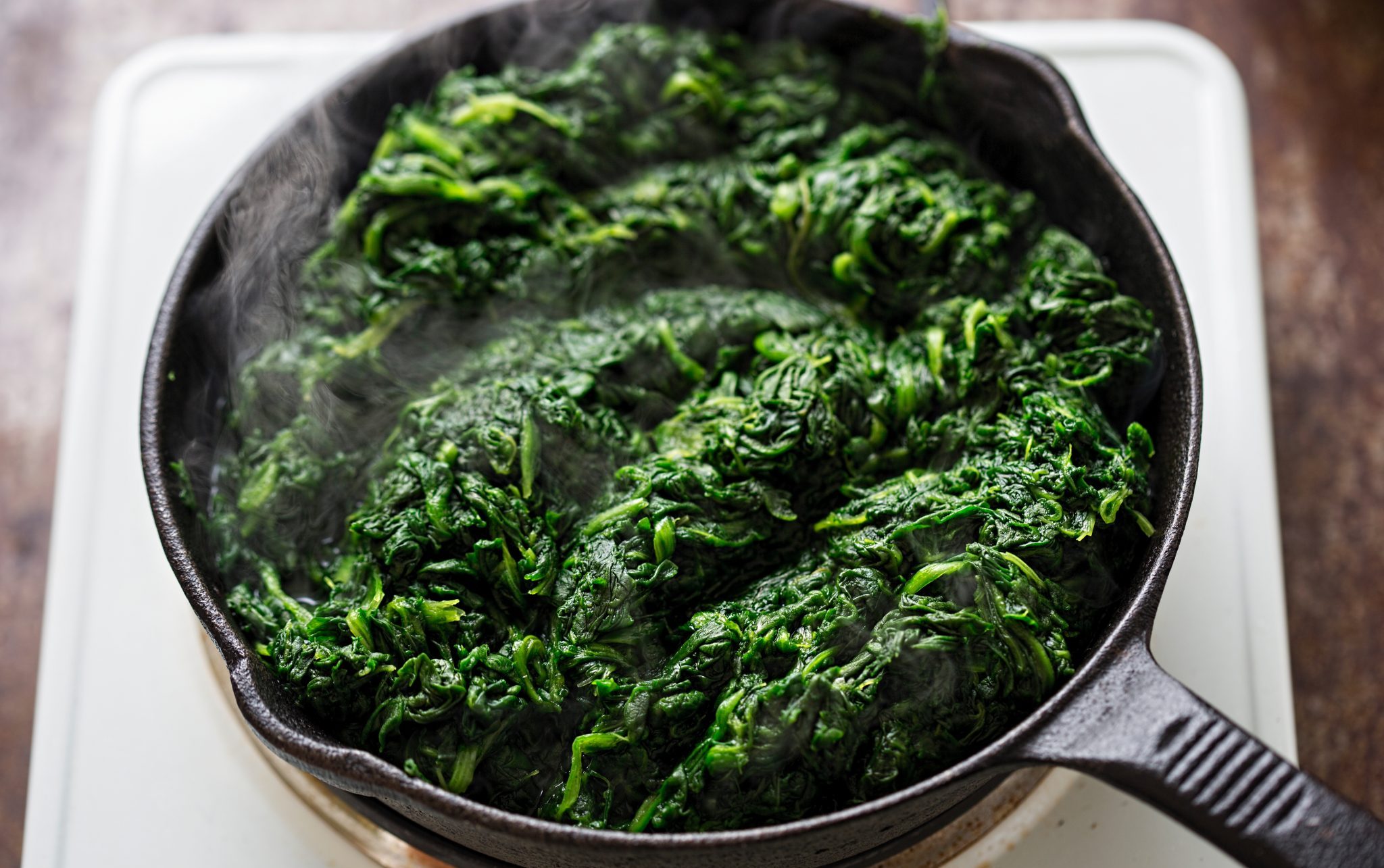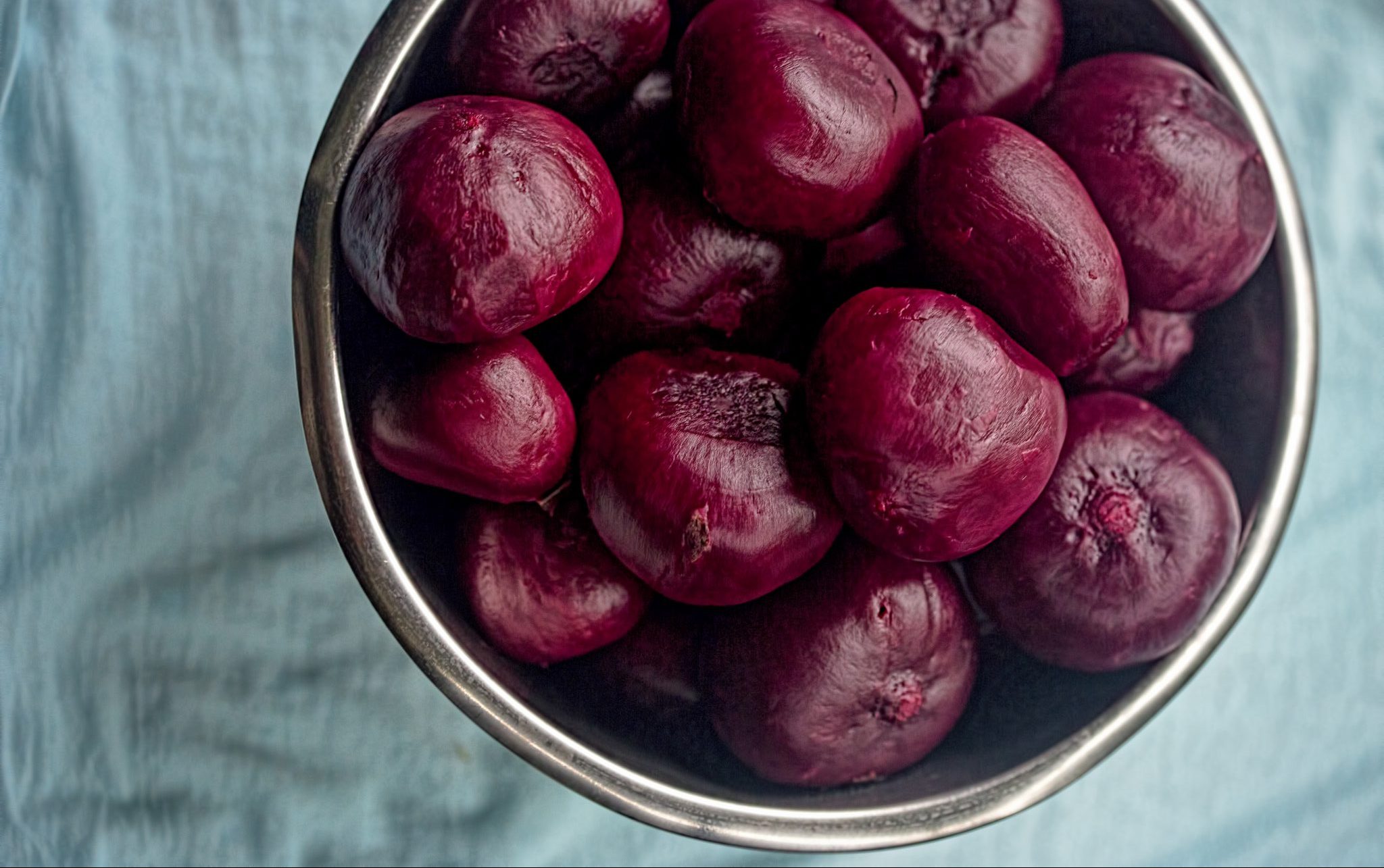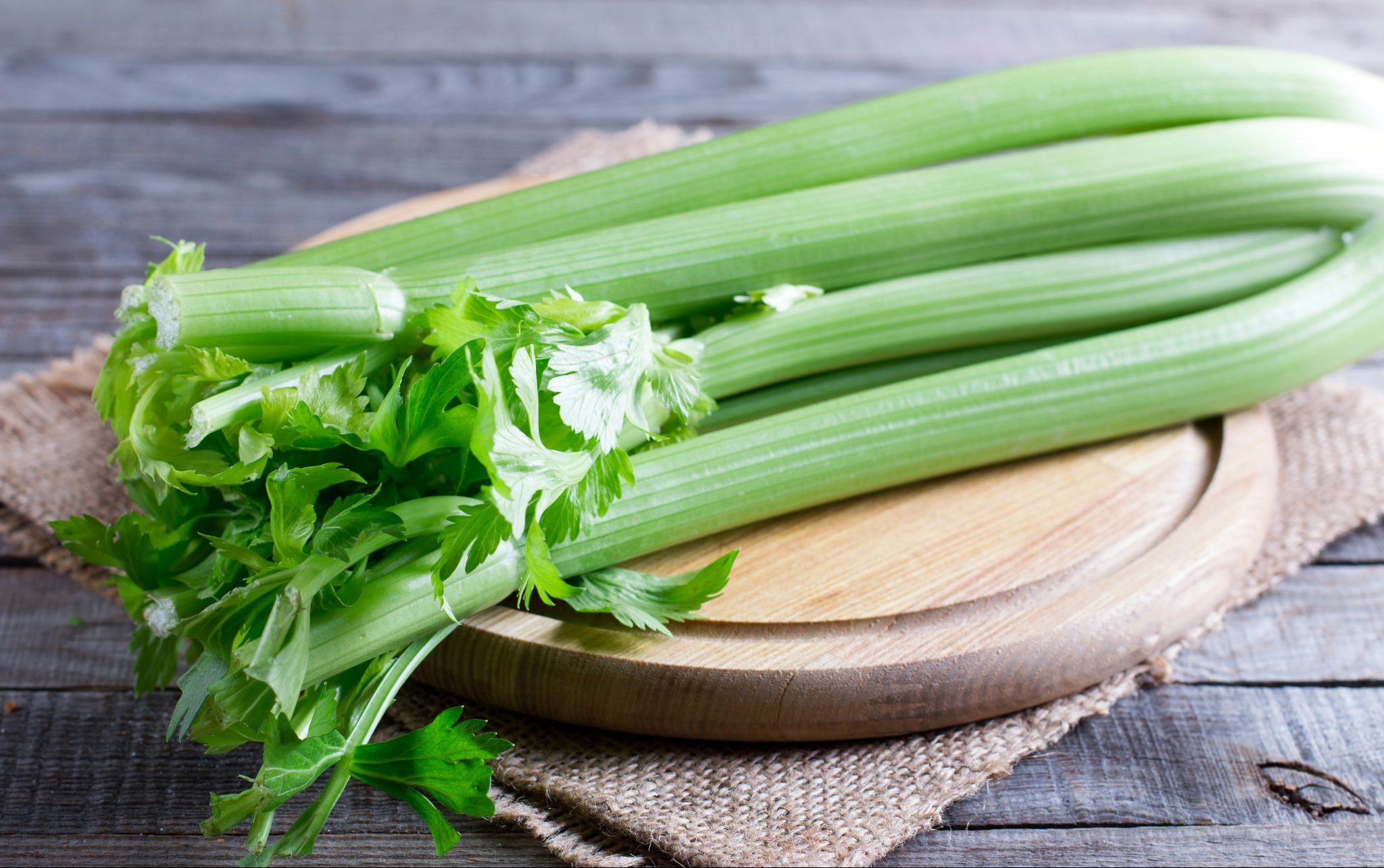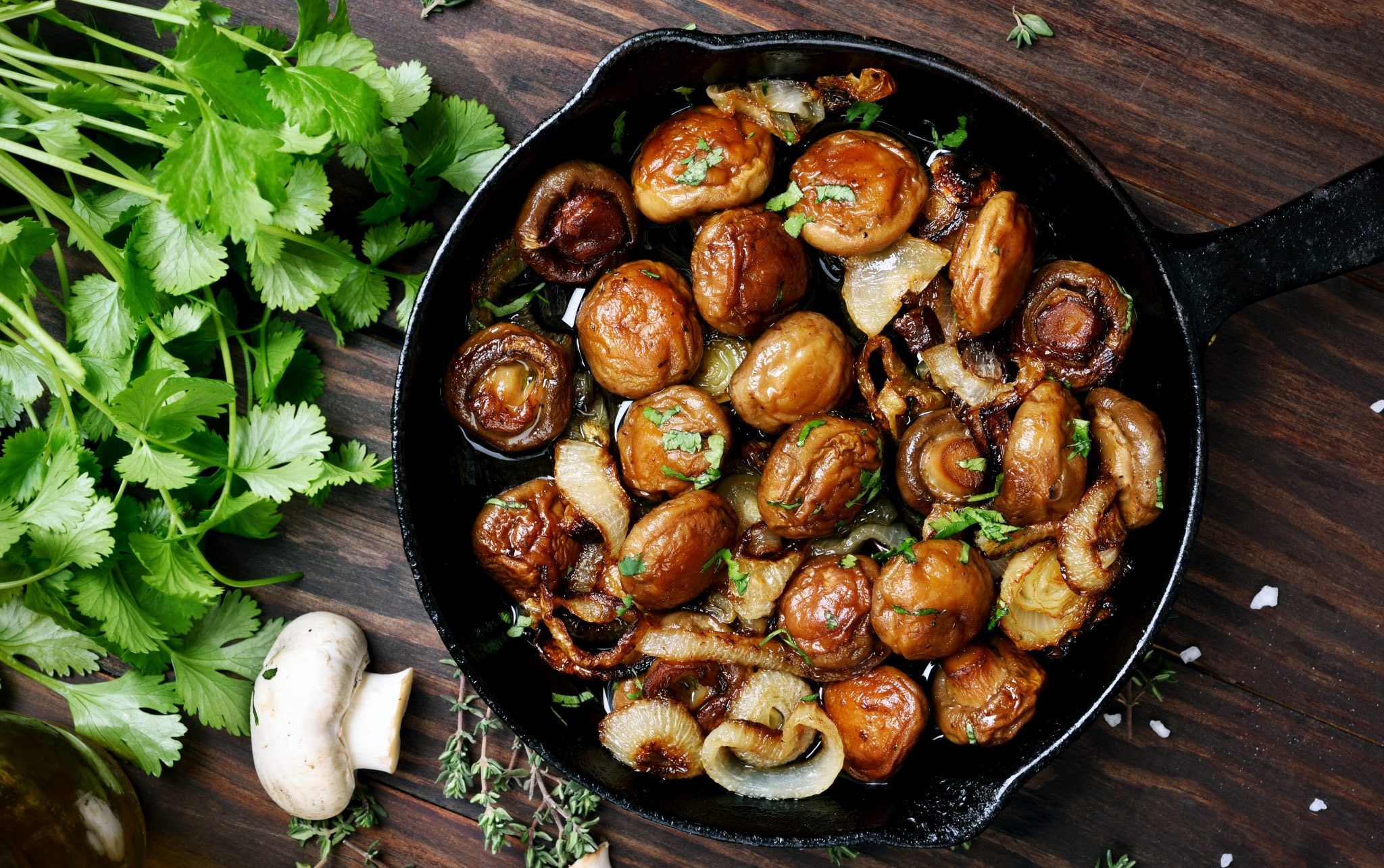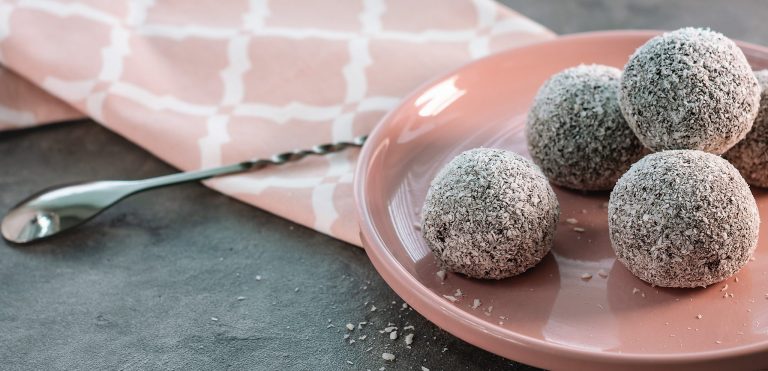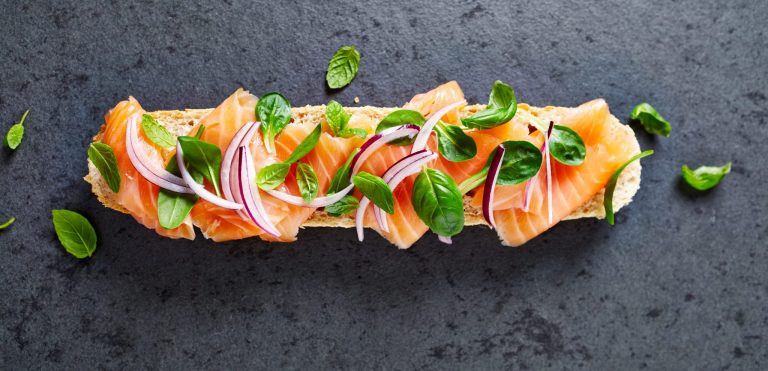When cooking, it's not always easy to evaluate how much of it you'll actually eat. Especially so if you're cooking for more than yourself. If you believe that too much is better than not enough, you'll definitely be dealing with some leftovers the next day. And that's not necessarily a bad thing, assuming that you know which foods you should never reheat.
Potatoes
Have you even noticed how bad cooked potatoes taste the next day? Well, maybe you haven't because you'd fry them again in a pan or heat them up with other foods and the taste would just blend in. But if you try once, I'm sure you won't want to eat the potato leftovers ever again.
And it's not just the bad taste that should keep you away from reheating this staple food. If cooked potatoes are left in room temperature for too long, bacteria called clostridium botulinum start to form. The consequences of eating food with this bacteria can be very much fatal.
Rice
Same goes to another common dinner ingredient – rice. If you put the meal that contains cooked rice in the fridge as soon as they cool off a bit, you can safely reheat it the next day. If you don't and leave it on the counter for too long, the bacteria called Bacillus cereus is likely to start forming.
Seafood
Taste-wise, fresh seafood is always better than frozen. But it might be safer to buy it frozen, because this preservation process is more closely monitored by food safety institutions.
But what to do if you cook your seafood paella or other fancy meal and there's just too much to finish everything? Once again, put it in a fridge as soon as it's cooled off a bit.
Spinach
Even the healthiest of things can become poisonous if prepared incorrectly. Spinach is delicious and super nutritious when eaten raw. But it makes a truly nice side dish or even a gorgeous sauce when lightly softened on oil in a pan.
However, if you expose it to heat once, don't do it again. If there are any leftovers, mix it into a salad or just eat it cold. Spinach has a high quantity of nitrates and when they are exposed to high heat, they can turn into nitrosamines, most types of which are carcinogenic.
Beetroot
Cooked meals that contain beets also fall into the category of foods that should not be reheated. The story is the same here as with spinach.
Whether you want to shove the leftover beetroot stew or curry in the oven, put it in a microwave, or heat it up again on a stove, you're risking to get a doze of toxins instead of all the beautiful benefits of this veggie in its raw or slightly cooked form.
Celery
This divine veggie is best devoured fresh and raw. It is the juiciest and crispiest this way, not to mention all its nutrients that are available in this form. But if you must cook it, eat it straight away without leaving the meal for tomorrow.
Mushrooms
Some mushrooms, such as white and brown button ones, might be safe to be eaten raw, but most of the other ones should definitely be cooked. Once again, you definitely don't want to put them in a microwave the next day. Unless you refrigerate it soon enough after cooking.
If you don't store them properly, the proteins found in mushrooms can be damaged by enzymes and bacteria that start to form in room temperature. This can cause an upset stomach.

